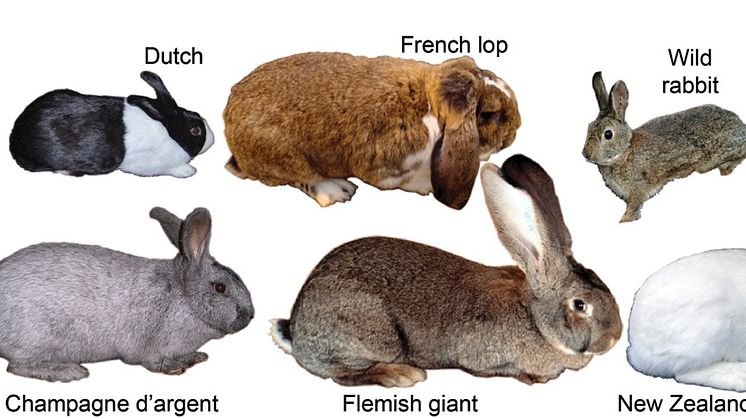New report: Lifestyle changes and new technology can ease elders’ lives
If we embrace lifestyle changes and new technology, we improve our prospects of staying healthy in old age, getting good care and reducing our dependence on others. This is the message of a new report summarising the conclusions from the conference Uppsala Health Summit in June.
